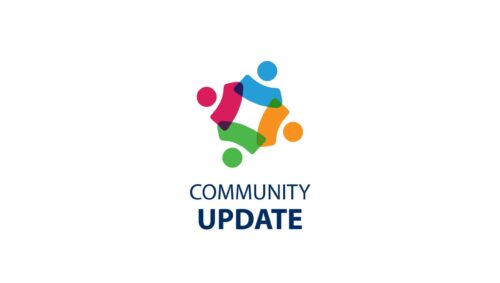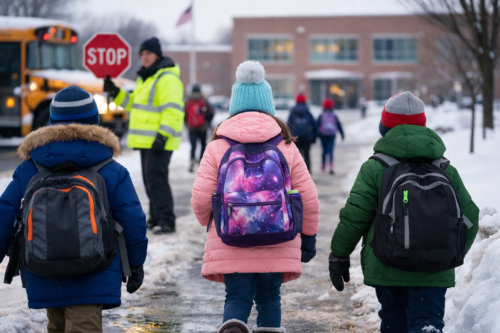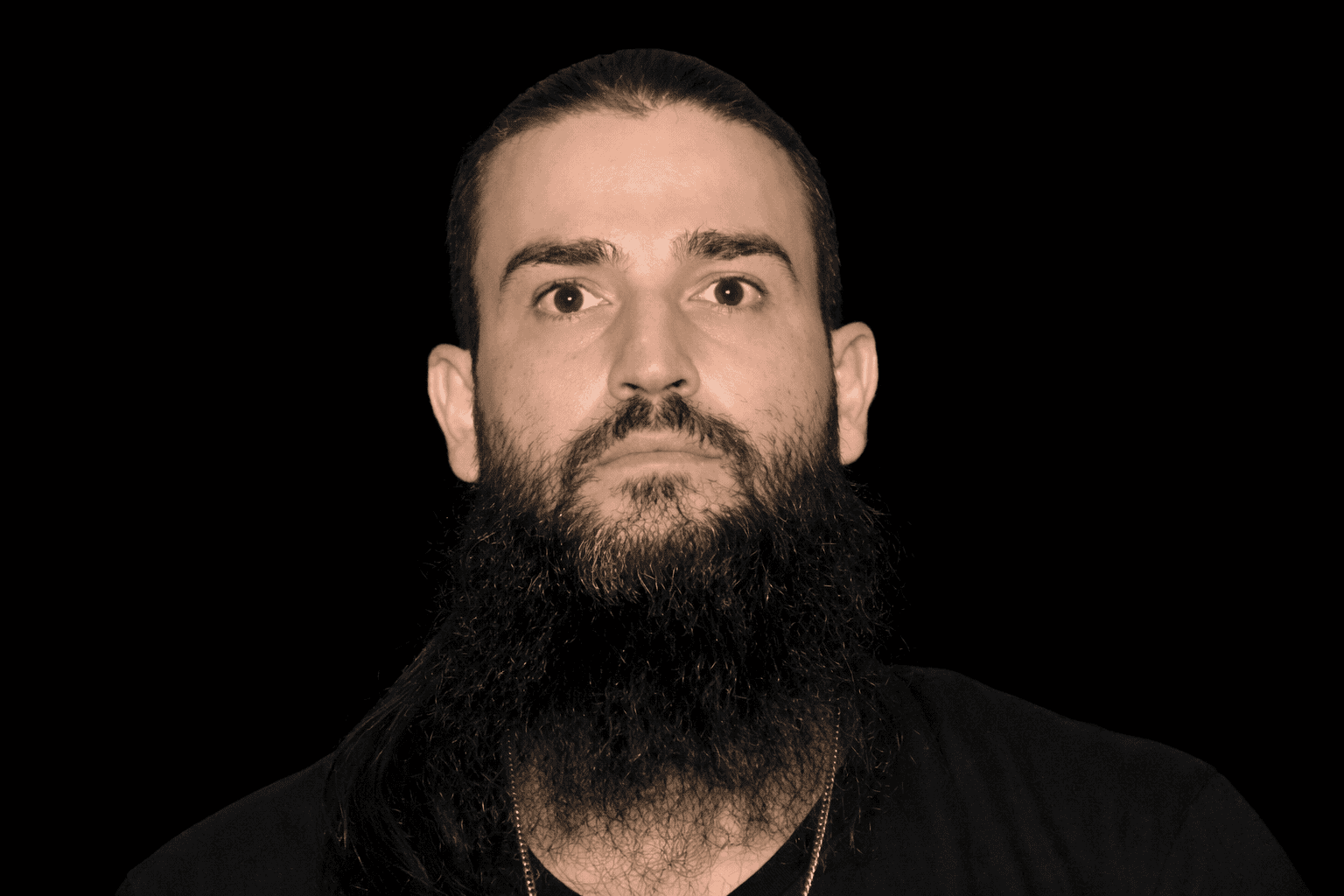For the Kids
Governor announces new initiatives to support youth mental health.

Recognizing the widespread and increasing mental health needs of young people, NJ Governor Phil Murphy recently announced new initiatives to support youth mental health. The Department of Human Services will work in partnership with the National Council of Behavioral Health to conduct statewide Mental Health First Aid trainings for school personnel from K-12 and higher education institutions, and the Department of Education will lead a statewide youth mental health working group that will develop resources, including best practices for school and mental health provider connections to support student needs.
The Administration’s new initiatives are a comprehensive response to a challenging reality: One in five Americans have a mental illness and many are reluctant to reach out for help or do not know where to get help. Suicide was the second-leading cause of death among 15 to 24-year-olds, and more than one in four students report feeling persistently sad or hopeless.
“Our mental health is just as important as our physical health, but as a society we are often unfamiliar with the signs and symptoms of mental illness,” said Murphy.
The statewide Mental Health First Aid Training, in partnership with the National Council of Behavioral Health, will provide every New Jersey public school district, charter or renaissance school, approved private school for students with disabilities (APSSD), and higher education institution the opportunity to send at least one staff person to an intensive training to become a certified Mental Health First Aid instructor.
The NJ Department of Human Services will host statewide training sessions for school and higher education personnel to become certified through Mental Health First Aid’s “train the trainer” model. Participants will learn the risk factors and warning signs of youth mental health issues and be able to connect students to the appropriate resources and supports from community behavioral health providers. Some $6 million in funding for the trainings is supported by $100 million in opioid funding through Fiscal Year 2020 budget.
The NJ Department of Education will launch the statewide Mental Health Working Group. The group, which includes school practitioners, mental health providers, state agencies, and advocates, will develop resources for districts to support the mental health needs of their students that will lead to healthy and successful lives. In addition to providing best practice resources, the working group will boost resource sharing and communication between school communities, mental health providers, state agencies, and stakeholder groups.
“As multiple data sources clearly show, our youth are struggling,” said former U.S. Rep. Patrick J. Kennedy, founder of The Kennedy Forum and co-chair of Mental Health for US. “By prioritizing mental health trainings and initiatives in schools and institutions of higher education, Governor Murphy is tackling this issue head on and showing the nation that in New Jersey, mental health is essential health. These efforts will save lives.”
“We’re investing in Mental Health First Aid because everyone should know how to help a friend, colleague or student facing a mental health challenge—just like we all know how to help when someone needs first aid for a physical ailment,” Human Services Commissioner Carole Johnson said.
“Half of all lifetime cases of mental illness begin by age 14, and 75 percent by age 24.,” said Carolyn Beauchamp, President and CEO of the Mental Health Association in New Jersey. “For kids to stay on track they need prevention, early intervention, integrated care and treatment—all leading to recovery. Education professionals are well-positioned to recognize warning signs, step in before stage 4 and avert crises. Mental Health First Aid is a vehicle to help school personnel in this process.”
“It is critical to provide emotional support to youth as they navigate their way to adulthood,” said Meredith Masin Blount, executive director of NAMI NJ. “The internal and external pressures on children are increasing, and programs like these are key to identifying warning signs to keep them safe…as we move toward a society that is free from stigma and supportive of those affected by mental illness.”










